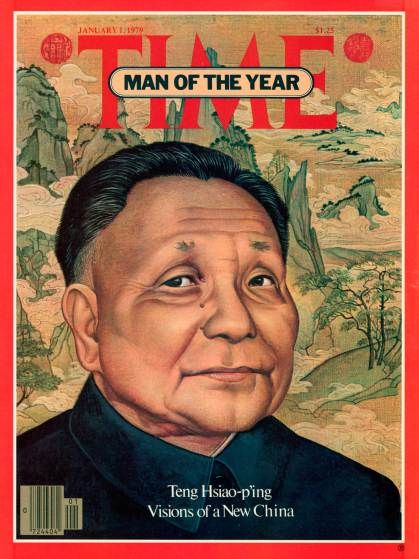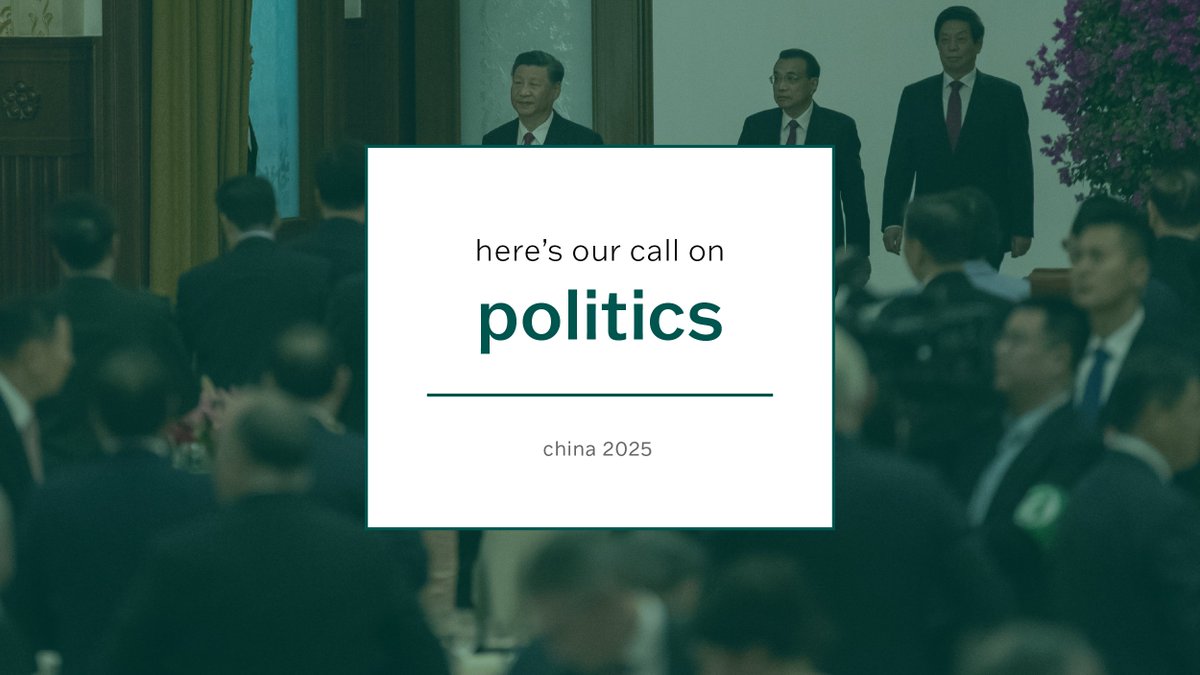1/ From the team that brought you the #BRITastingMenu in 2018 and #USChinaat40 in 2019, we’re recounting Deng Xiaoping’s historic Southern Tour from exactly 30 years ago. COVID has thrown a wrench in our food outing, but we’ve still got our annual #ChineseNewYear thread. 

2/ A bit of background: Deng spent the 80s liberalizing China’s economy and stabilizing relations with the United States. Here he is visiting a Texas rodeo in 1979. 

3/ His influence was felt around the world, so much so that TIME Magazine named him Person of the Year not once, but twice. 

4/ After Tiananmen Square in 1989, opponents of reform seized on the crisis as evidence that the entire reform and opening project was a big mistake and must be overhauled. Deng’s entire legacy was in peril. 

5/ But the octogenarian had a final act up his sleeve. As Deng played bridge in his retirement, serving as president of the Chinese Bridge Association, he was cooking up plans for salvaging what he continued to believe to be the necessary course for China. 

6/ With no official position and no official support from then-President Jiang Zemin, Deng and 17 members of his extended family departed during Chinese New Year in 1992 for what was essentially a “legacy tour.” It eventually came to be known as the Southern Tour. 

7/ The Southern Tour wasn’t actually all about the south—there were some pitstops in central China, too. But Deng of course wouldn’t miss #Shenzhen, the “OG” special economic zone that served as an economic development and governance incubator.
8/ He admonished Shenzhen officials to be “…bolder in carrying out Reform and Opening up, daring to make experiments and…not act like women with bound feet.” 

9/ Not exactly politically correct. But Shenzhen apparently took that advice to heart. Once a swamp, the city has grown into a glitzy tech hub and one of the priciest in China, rivaling neighbor #HongKong. news.cgtn.com/news/3d3d414d3… 

10/ Today, Shenzhen is the third-largest economy in China, comparable to the GDP of the UAE. With more than 500 publicly traded companies and nearly $2.3 trillion market capitalization, Shenzhen is home to some of the largest tech companies in the world. 

11/ Deng then hopped over to Zhuhai, where he proclaimed that “Guangdong has played a leading role in reform and opening up…but has to go up a few notches to catch up with the ‘Four Asian Tigers’ (South Korea, Taiwan, Hong Kong, and Singapore) in 20 years.” 

12/ So has Guangdong lived up to Deng’s challenge? In terms of aggregate GDP, Guangdong is about on par with South Korea. But it still has quite a ways to go if it wants to catch up to South Korea's per capita GDP. 

13/ Next stop was #Shanghai, where Deng reflected on his leadership. There, he said, “I’ve made some contributions and achievements, but I still have lots of things that need to be done.” Even at 88, Deng wanted to keep the pedal to the metal on reform. 

14/ The economic success of Shanghai since the 1990s is well known and is captured in this “before” and “after” image from @ReutersBarria in 2013. And the metropolis is within the range of converging with South Korea on per capita GDP. theatlantic.com/photo/2013/08/…
15/ At his final stop in Anhui, Deng told the story of the “foolish melon” about a wealthy business owner. People wanted him arrested, but Deng refused, instead saying he couldn't change policy and shut down the business. 

16/ By the time Deng returned to #Beijing after more than a month of travel, the mood had turned. The elder statesman had made it politically safe to maintain the reform course and cemented his legacy. 

17/ After ignoring him for most of the tour, the official media finally started to report on it. And President Jiang started touting reforms as well. Signs were clear that the leftists who wanted to halt reforms were overpowered by moderates who rallied to Deng’s support. 

18/ Deng would pass away just five years after the tour, but his influence reverberates to this day. There’s even a well-known song about his Southern Tour. You can listen to it here.
19/ We would be remiss without a shoutout to one of Deng’s great biographers, the late Ezra Vogel. His book, Deng Xiaoping and the Transformation of China, provides detailed color on Deng’s Southern Tour. 

20/ Bonus trick question: Did Deng’s famous aphorism on pragmatism, “I don’t care if the cat is black or white, so long as it catches mice,” come out of the Southern Tour?
21/ That’s it for us. Happy #YearOfTheTiger, and if you want more nerdy threads and incisive analysis on economics, politics, tech, and more, you know where to find us: macropolo.org. And sign up for our MP Econ Substack: macropolo.substack.com/?utm_source=di… 

• • •
Missing some Tweet in this thread? You can try to
force a refresh













